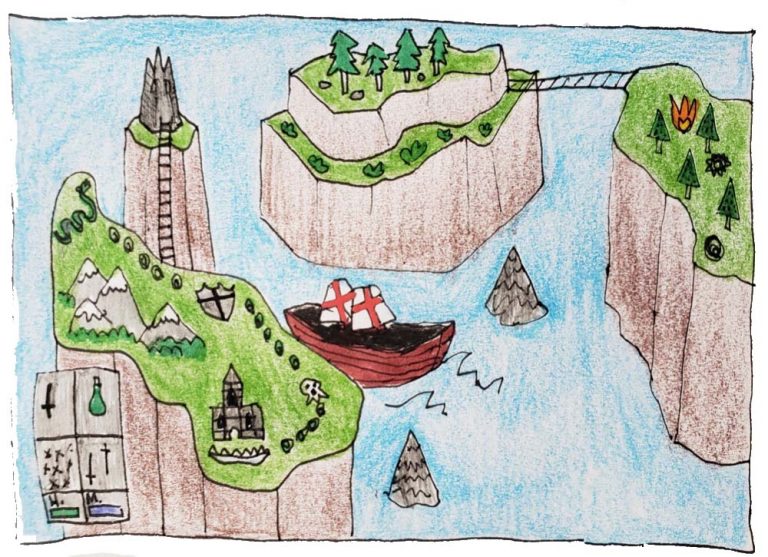Gaming is a relatively new art form and a very complex one, so we’re only now starting to see some serious cultural developments taking place.
We see this with how we handle genres. Because gameplay adds an entire different layer of complexity, genres in games are significantly harder to determine. Does one label their game based on the narrative experience provided, or does the gameplay warrant its own label? Questions like this lead to hair -pulling debates when it comes to more niche genres and cultures. The character action genre is a textbook example of this frustration.
To be a part of the character action community is an experience in great patience and pain. Constantly having people denounce the existence of a genre you and others are clearly passionate enough to believe in, as well as the lack of games to really be part of this genre, can get incredibly grating.
People within the community still disagree over whether or not certain games are a part of it, and this is a formula for disaster on both sides. Due to the genre being easily able to be boiled down to “action games with really deep combat”, it’s no wonder the genre is on thin ice. This points to the biggest struggle with niche genres and cultures in games: the difficulty to properly define and flesh them out as their own thing. The character action genre is also based within the very popular action genre, which is a major reason why people are dismissive of its legitimacy. Action is quite possibly the most mainstream genre.
Character action focuses on deep and expressive combat, leading to plenty of gamers believing that this genre is not valid. Despite this, those same people seem to be fine with the action genre itself, vagueness and all.
Let’s be real: a game being part of the action genre barely means anything. Action is almost required for investment in video games, so to see a game labelled as such would do almost nothing to sell a player on what makes a particular game worth buying.
The fact that selling a game’s values and experiences is key to genres in games is exactly why people are so passionate about the character action genre. On the surface, for example, most people fail to see the difference between this genre and the “hack and slash” genre. Games like Devil May Cry or NieR:Automata, with incredibly wide moveset variety and rich, deep combat systems, are compared to things like Dynasty Warriors, which are known to be anything but deep. These games very clearly provide different experiences, the former for more intricate gameplay, the other for a smoother, less stressful, and more streamlined experience. This is the problem with genres in games, since such minute differences can lead to massively different experiences, yet we so often deny genres their room to grow.
In my previous column entry about difficulty in games, I talked about the souls genre, and its emphasis on holistics and difficulty in particular. This is the key to this debate with genres, as these games used to not be labeled under their own distinct genres.
Before more games like Demon’s Souls existed, they were merely called Action RPGs. Now that there’s a plethora of these games eager to give players a distinct experience, they have been labeled as different. This is an example of gaming culture letting genres develop into their own thing, and has resulted in one of the most beloved genres to date.
This, however, is an incredibly rare story in gaming, as more often than not, we stifle the potential for more genres to have this same experience, guaranteed positive results be damned.
The passionate fanbase and culture surrounding the character action genre alone is proof enough. Games that have deep and fluid combat systems that allow for personalized gameplay and self-expression clearly have enough of a selling point . If there is enough interest for a sizable amount of gamers to want something like this, then why not let that genre develop?

